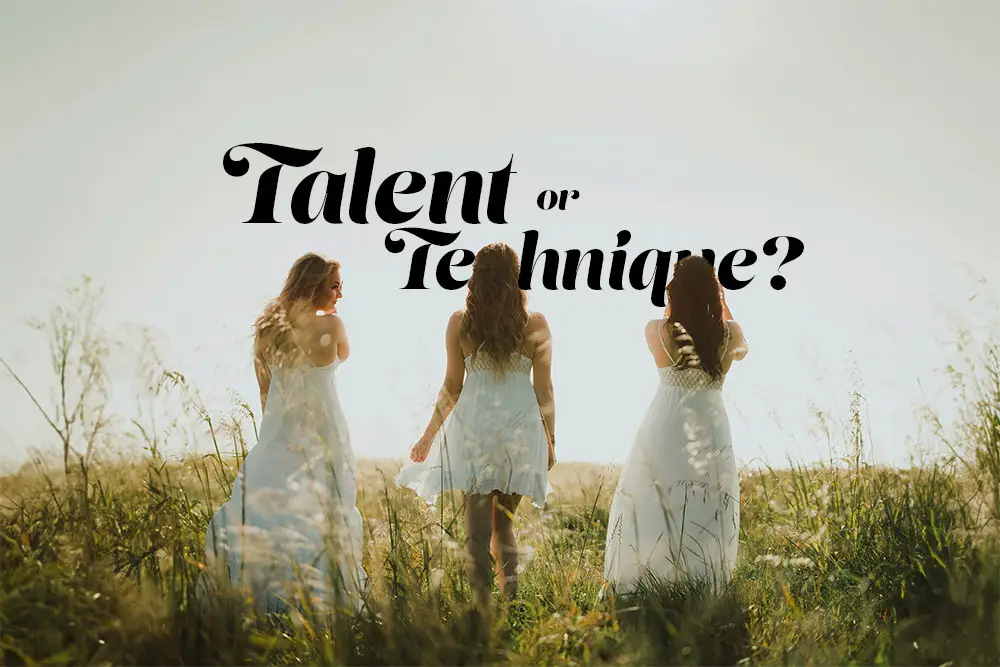
Is Photography a Talent? Why Relying on Technique Alone Is Dangerous for Your Art
Is photography a talent? Or a technique? As cameras become more accessible, many budding photographers are left pondering what truly sets the professionals apart.
In a time where smartphones are accessible cameras, photography is often perceived as a simple act of pointing and shooting. But as someone who’s been through various artistic fields, from illustration to 3D animation, I found myself wondering about this assumption. Is photography a matter of pushing a button, or is there an artistic talent required?
Is Photography a Talent? Or is it purely technique?
The balance between artistic vision and technical mastery forms the essence of every image. Photography transcends beyond technique; it is both an art and a science. While technology might have democratized access to the medium, true art involves a fusion of innate creativity with an understanding of the technical subtleties. It’s not about capturing an image; it’s about interpreting reality, creating narratives, and pushing boundaries to create something uniquely beautiful. Something that is yours. Possessing top-notch equipment and technical mastery of your camera isn’t enough; it’s the creative eye, innovative ideas, and a touch of luck that make your photos stand out. You need a talent.
Allow me to guide you through my personal exploration of photography, where I’ve learned that the true art lies in more than just the camera’s capabilities like it use to be. It’s about the photographer’s vision, the ability to adapt with evolving technology, and the artistic flair to turn ordinary moments into extraordinary memories.
Table of Contents
Art Beyond the Camera
Smartphones and social platforms- the definition of photography has dramatically expanded. It’s no longer just about taking a photo with your $6000.00 camera; it’s about creating art that resonates, tells a story, and connects with an audience. Of course you can make money just teaching technical aspects of the camera too and turn that into an art. People are already doing that. Find something you like to do and get good at it. Make it your art.
Those mesmerizing images you see on Instagram and YouTube? They’re not just products of a camera’s capabilities. The artists behind them are utilizing a range of skills, from visual composition and editing to audience engagement and storytelling. They’re shaping a narrative, an experience that reaches beyond the tech specs.
For the traditional photographers, this shift might seem like a departure from the essence of their craft. But in a rapidly growing industry of media consumption, the ability to adapt is vital. Understanding your audience, interpreting data, and innovatively using technology, including AI, all play crucial roles in defining what modern photography is.
Photography has transcended from being solely a technical endeavor to an intricate form of art. It’s a medium where creativity is as essential as the equipment, where the photographer’s vision goes beyond pushing buttons, turning ordinary scenes into extraordinary memories. Sure, you can continue clicking buttons and call it art, but if everyone can do what you’re doing, maybe you can learn a little more?n
Get use to this evolution, and you’ll discover that photography is not confined to what’s captured through a camera. It’s about what’s crafted in the mind, shaped by hands, and shared with the world.
Talent in Photography: More Than Meets the Eye

It’s a common belief that technological advancements simplify things, but I’ve come to recognize that, more often than not, they complicate matters. In photography, an industry I’ve thought of once as an automated art form, has created both challenges and opportunities. Now even what we have always called art is becoming automated as well with AI “art” generators.
Every time a new technology emerges, it feels like a double-edged sword. On one hand, it equips photographers with powerful tools, widening the scope of what’s possible. On the other hand, it demands more from the artist, pushing them to wear many hats, continuously evolve, and adapt to an ever-changing landscape.
I’ve witnessed this phenomenon throughout my years in the film and animation industry. The advent of new technologies has morphed individual artists into one-person teams, wielding a multitude of skills. In turn, these teams unite, creating a force that can compete with the giants of Hollywood. It’s democratized creation, providing a platform for indie developers and artists to shine.
In photography, this translates into a ceaseless need to learn and grow. Right now, I’m learning and adapting AI tools, foreseeing transformative changes in the entrepreneurial landscape. The competition is intensifying, the market might even be reaching a point of oversaturation, but these changes are empowering creators like never before.
Contrary to the question of “is photography dead?” (a topic I’ll explore in another blog), photography is very much alive, pulsating with creativity and innovation. It divides and unites, molds and reshapes, demanding more from artists while giving them unprecedented control.
This new era of social media content saturation doesn’t lessen the talent needed in photography; it requires more of it. It’s about more than capturing a beautiful image; it’s about weaving technology and art into something extraordinary. A talent that is about understanding, adapting, and thriving in a complex world where the only constant is change.
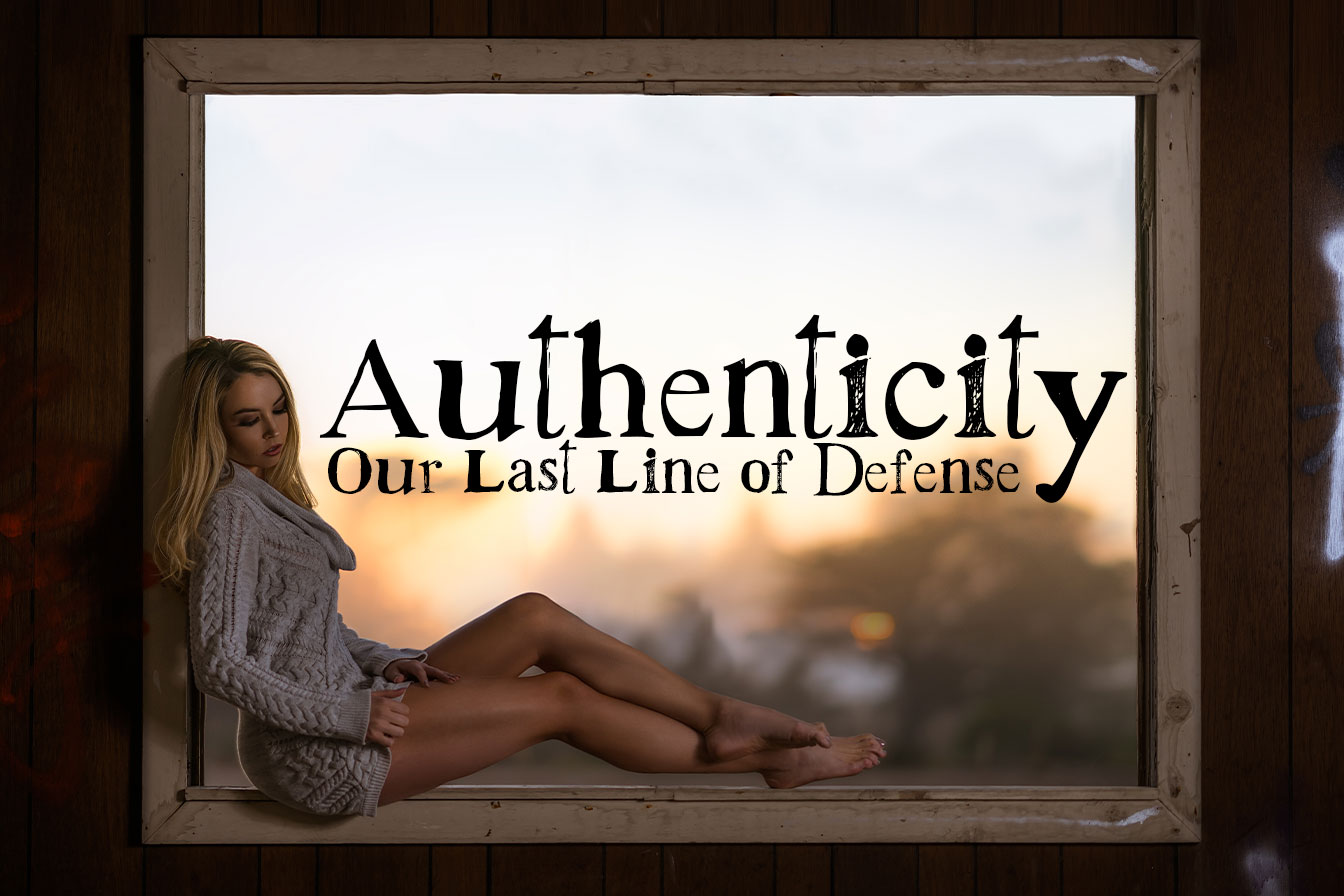
What is authenticity? It’s a question that seems straightforward on the surface, but as we go deeper, we find it elusive, multifaceted. In the context of photography, I see authenticity as the infusion of realness into every image, a tangible human connection that resonates beyond the pixels.
Conclusion
In the hands of the masses, photography has transformed from a revered art form into a seemingly easy technical exercise. The ubiquitous camera, available to all, has led some to overlook the talent and technique that defines truly remarkable photography.
But is photography merely a talent or a technical skill? The reality lies in a balance between the two. Mastery of the camera is essential, but the innate ability to perceive and present the world in unique ways is the essence of the art. It’s not just about creating beautiful images; it’s about crafting visions that resonate, connect, and stand out.
As we move into a time where automation tools such as AI are becoming part of the creative process, the challenge of being unique grows, but so does the opportunity. The technology can be our canvas, but our vision, creativity, and daring to explore uncharted territories will define the art we create.

Learn about personal branding for photographers. Photography isn’t just about capturing moments; it’s an art form that reflects your unique perspective and style. But how do you turn your passion into a profitable business? How do you stand out from the crowd and attract your ideal clients? How do you create a brand that showcases your awesome work and personality?
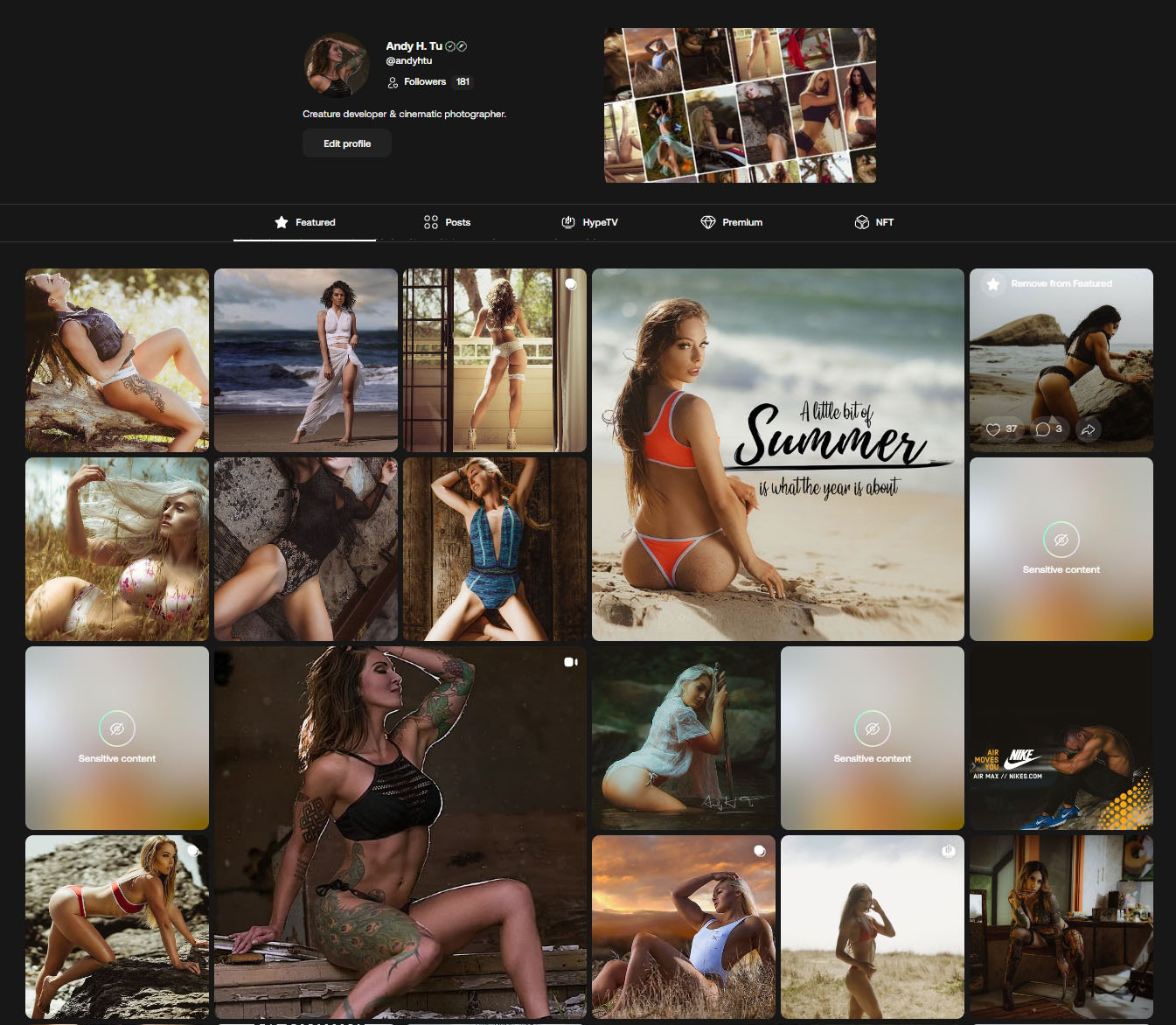
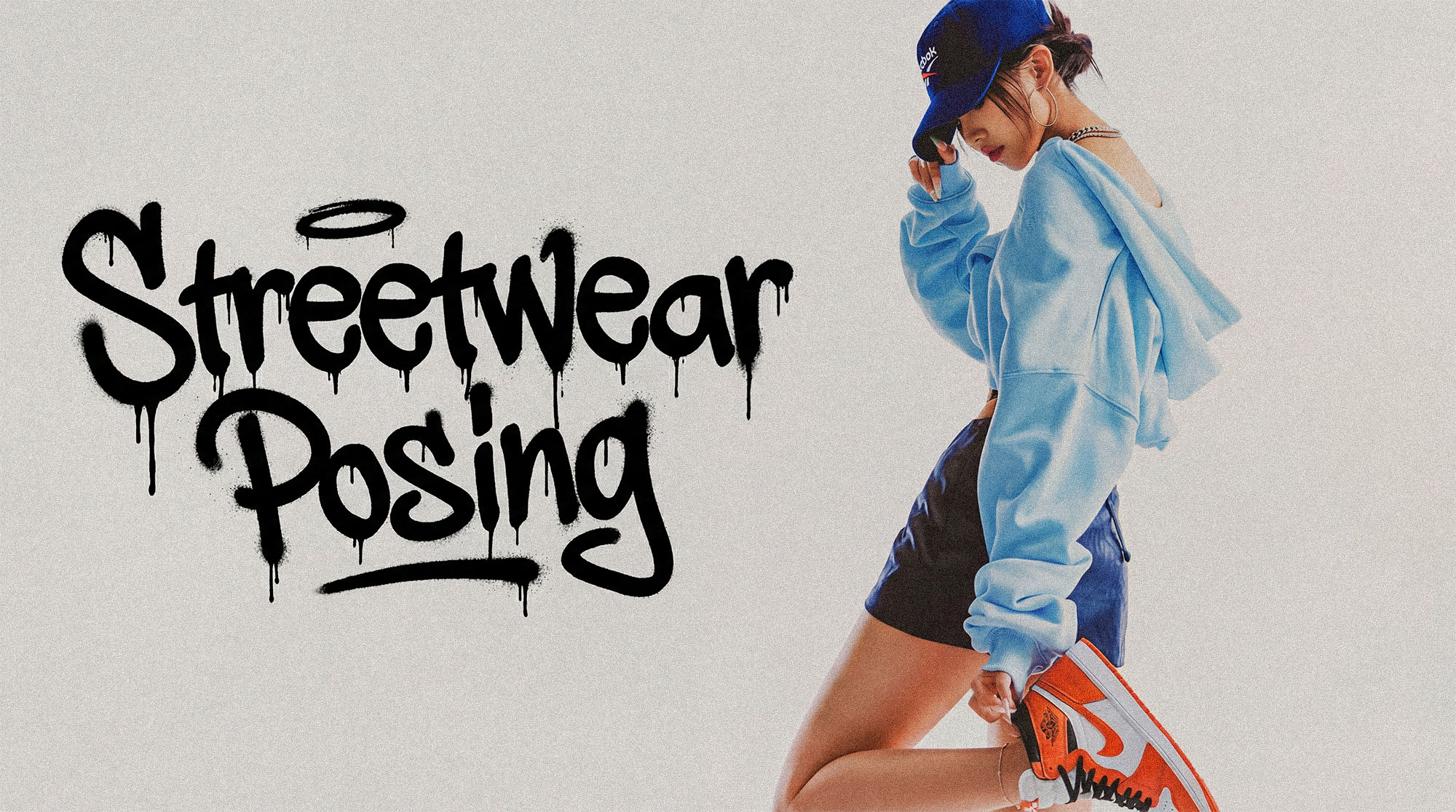
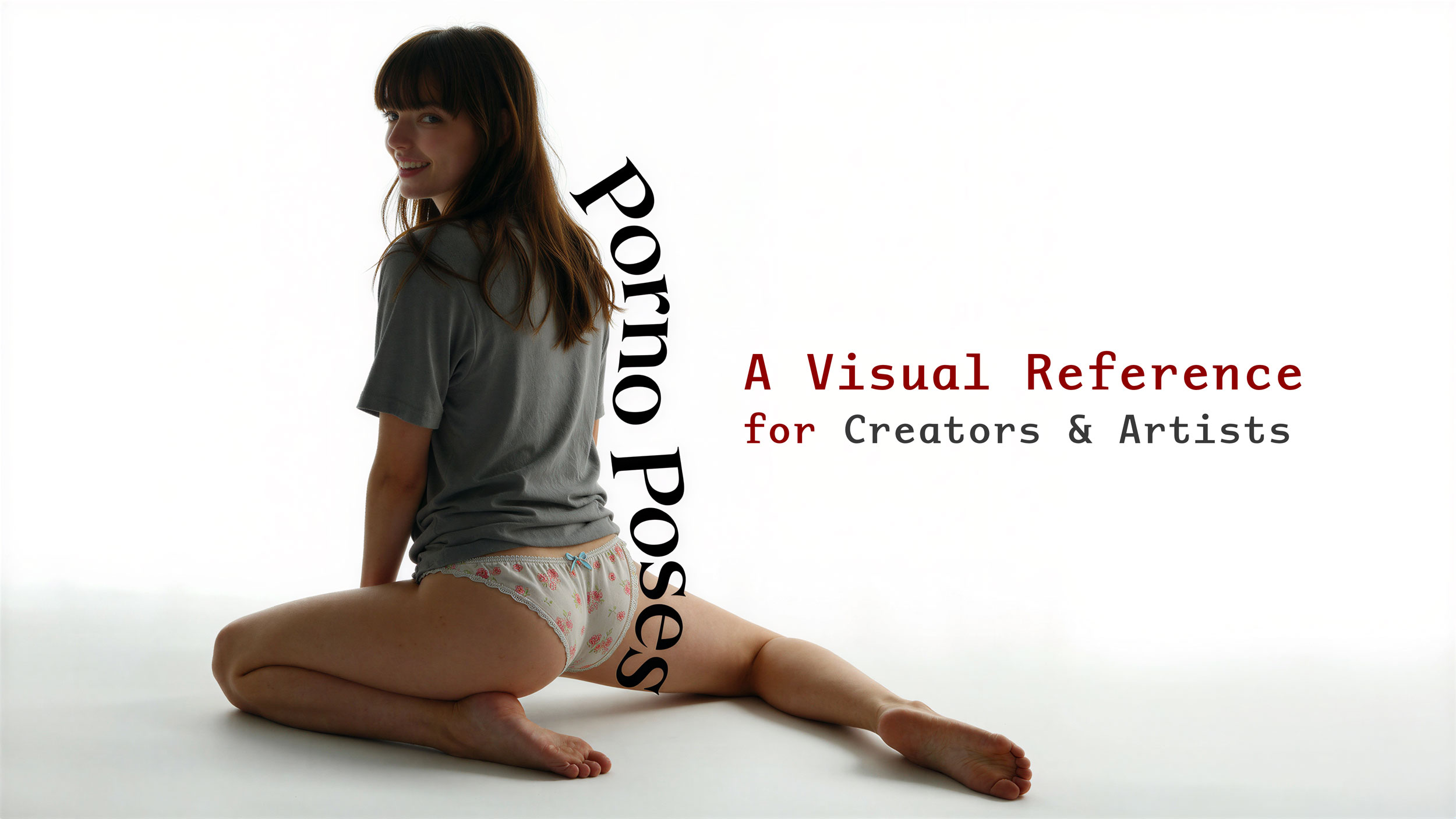
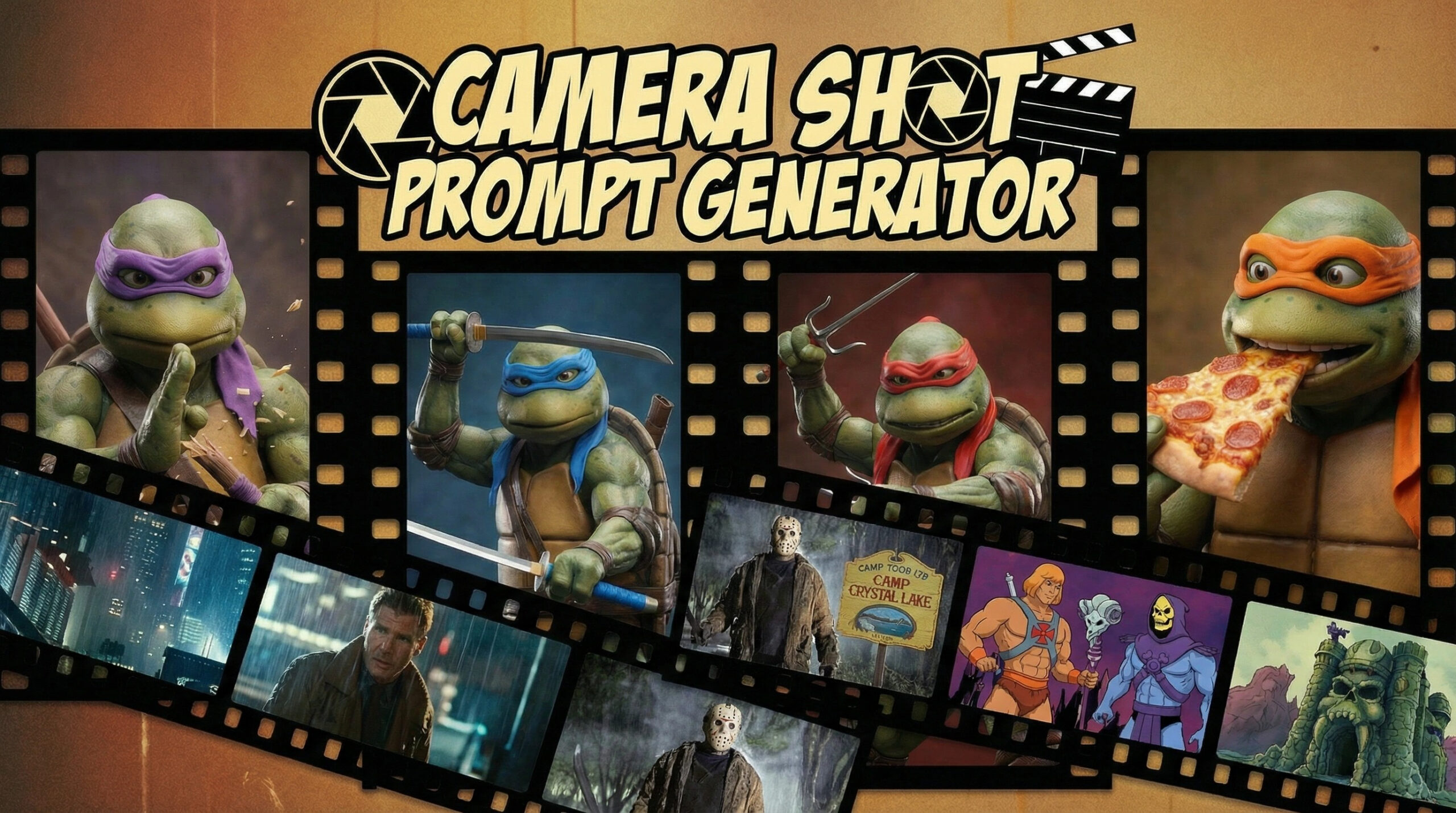

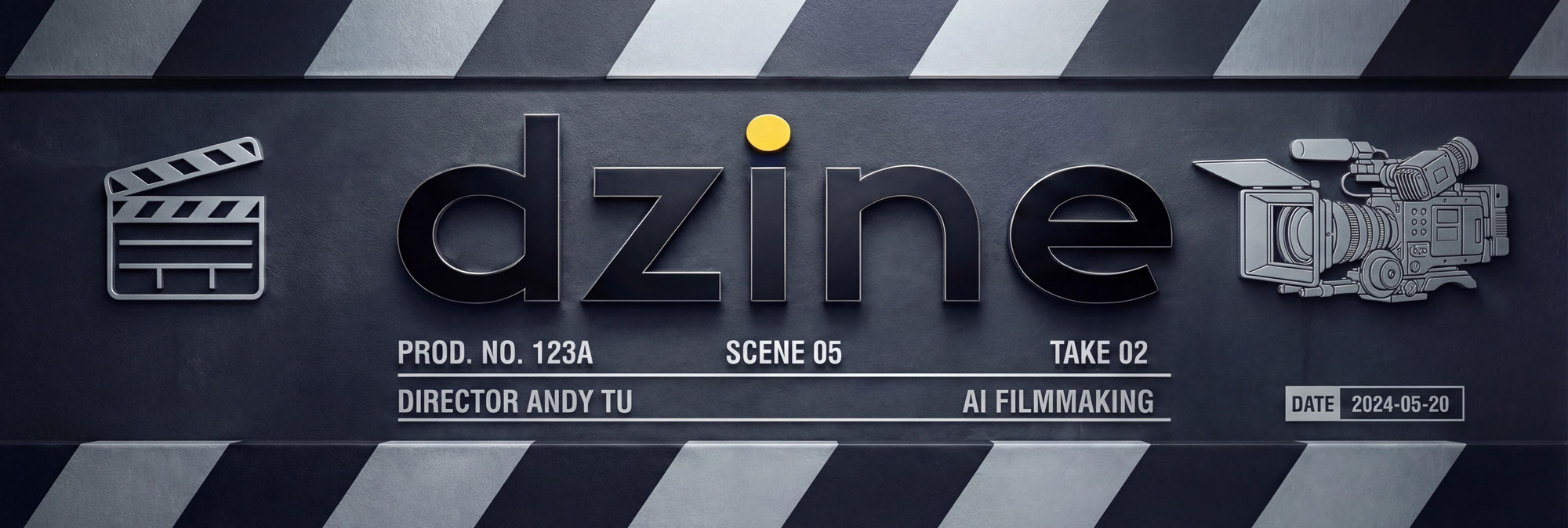
Leave a Reply